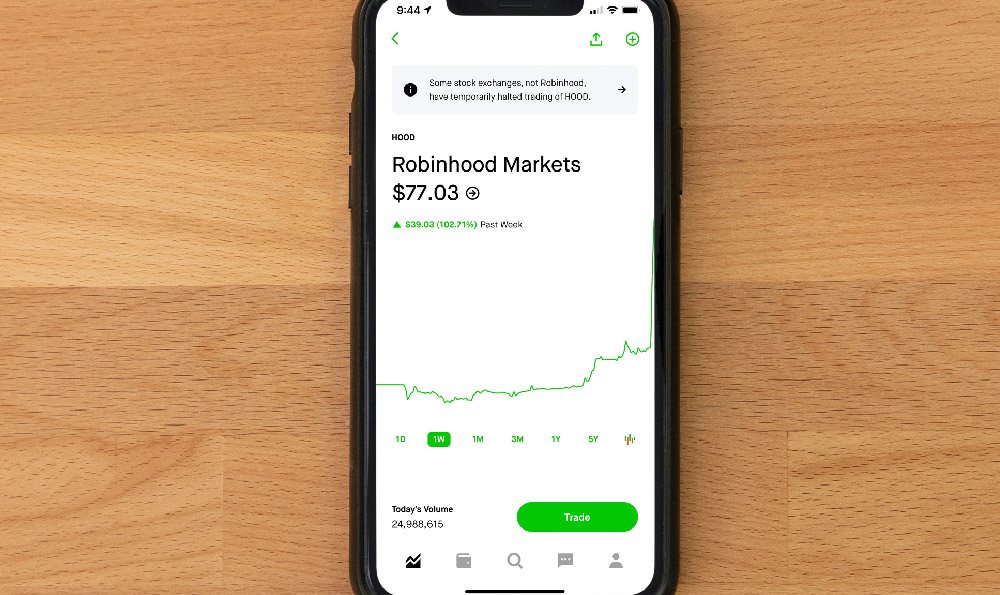Paypal for Profit: Is it Possible? How?
Okay, I understand. Here's an article exploring the potential of using PayPal for profit generation, avoiding the specified restrictions:
Paypal, a ubiquitous name in online transactions, is often seen as a convenient tool for sending and receiving money. However, the question of whether it can be leveraged for actual profit generation remains a persistent one. While PayPal isn't inherently designed as an investment platform, its features and integration capabilities can be strategically employed to enhance business operations and unlock revenue streams. The key lies in understanding its limitations and creatively exploiting its strengths.
One fundamental way PayPal can contribute to profitability is through streamlined payment processing. For businesses, particularly e-commerce ventures, offering PayPal as a payment option significantly reduces friction for customers. Many consumers prefer PayPal due to its perceived security and ease of use, avoiding the need to directly enter credit card details on multiple websites. This can lead to higher conversion rates, directly translating into increased sales and therefore, greater profits. The integration with popular e-commerce platforms like Shopify, WooCommerce, and Magento further simplifies this process, making it accessible even for small businesses with limited technical resources. Furthermore, PayPal's merchant fees, while present, can often be offset by the increase in sales volume generated by offering a preferred payment method.

Beyond basic payment acceptance, PayPal offers tools designed to optimize business operations and indirectly boost profits. PayPal Invoicing allows businesses to easily create and send professional invoices, track payments, and automate reminders. This reduces administrative overhead, freeing up valuable time and resources that can be channeled into other profit-generating activities, such as marketing or product development. Accurate and timely invoicing also helps maintain healthy cash flow, a crucial factor for sustained profitability. PayPal's reporting features provide valuable insights into sales trends, customer behavior, and payment patterns, allowing businesses to make data-driven decisions to improve their strategies. Analyzing these reports can reveal opportunities to optimize pricing, target specific customer segments, or refine marketing campaigns for better results.
The realm of affiliate marketing provides another avenue for leveraging PayPal for profit. Affiliate marketers often receive commissions through PayPal for promoting products or services on their websites or social media platforms. By strategically selecting affiliate programs and driving targeted traffic, individuals can generate a consistent income stream through PayPal. The key here is to focus on promoting high-quality products that resonate with the target audience, building trust, and providing genuine value. A passive income stream, even a modest one, can significantly contribute to overall financial well-being.
Furthermore, PayPal can be utilized for international expansion and cross-border transactions. Its wide acceptance across different countries simplifies the process of selling goods and services to a global audience. This opens up new markets and revenue opportunities that would otherwise be inaccessible. PayPal's currency conversion tools allow businesses to handle transactions in multiple currencies, streamlining the process for both the seller and the buyer. However, it's crucial to be aware of the associated exchange rates and fees to accurately assess the profitability of international sales. Thorough market research is also essential to understand the specific needs and preferences of customers in different regions.
The gig economy also presents numerous opportunities to earn money through PayPal. Freelancers, consultants, and independent contractors often use PayPal to receive payments for their services. Platforms like Upwork and Fiverr facilitate connections between freelancers and clients, and PayPal is a common payment method used on these platforms. By offering specialized skills and delivering high-quality work, individuals can establish a reputation and build a steady stream of income. Managing your finances effectively and setting competitive rates are crucial for maximizing profitability in the gig economy.
It's important to acknowledge that PayPal, while offering various features to facilitate profit generation, is not without its drawbacks. Transaction fees, potential account holds, and the risk of disputes are factors that need to be considered. Implementing strong security measures, providing excellent customer service, and adhering to PayPal's terms of service are essential for mitigating these risks. Diversifying income streams and not relying solely on PayPal for all business transactions is also a prudent strategy.
Finally, while not directly profit-generating in the traditional sense, PayPal can be used strategically to manage personal finances and optimize spending. Linking a PayPal account to a high-yield savings account can allow for easy transfers and management of funds dedicated to savings or investments. Using PayPal for budgeting and expense tracking can also provide valuable insights into spending habits, allowing for informed decisions to reduce unnecessary expenses and allocate funds towards more profitable endeavors.
In conclusion, while PayPal isn't a magic bullet for instant wealth, it can be a powerful tool for enhancing business operations, streamlining payments, and unlocking various revenue streams. By understanding its features, mitigating its risks, and employing strategic approaches, individuals and businesses can effectively leverage PayPal to contribute to their overall profitability. The key is to think beyond its basic functionality and explore the various ways it can be integrated into a comprehensive financial strategy.















